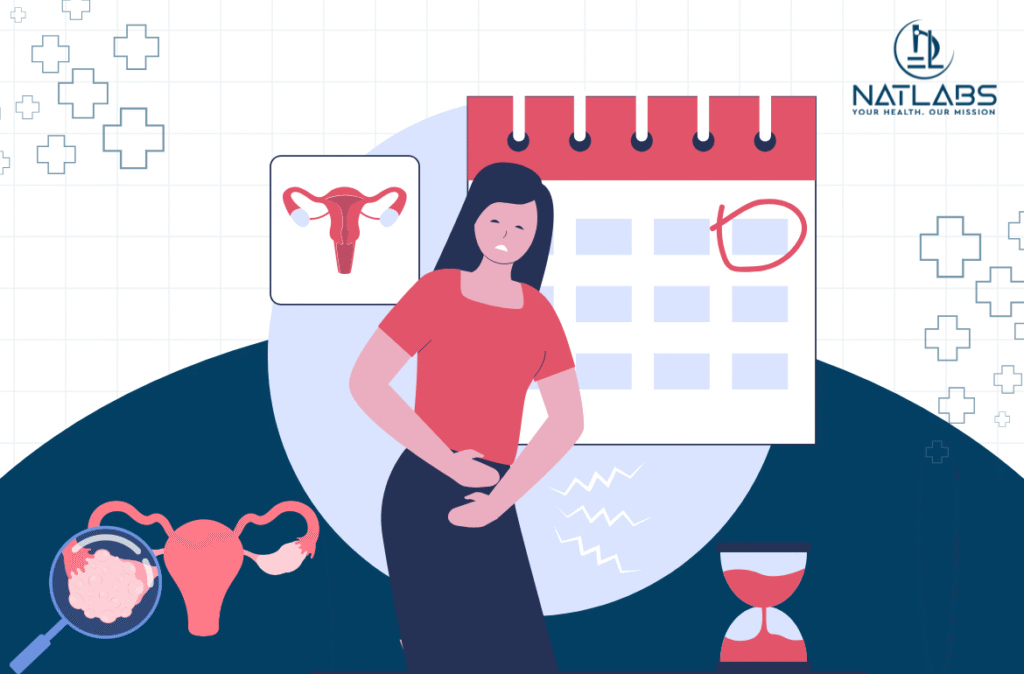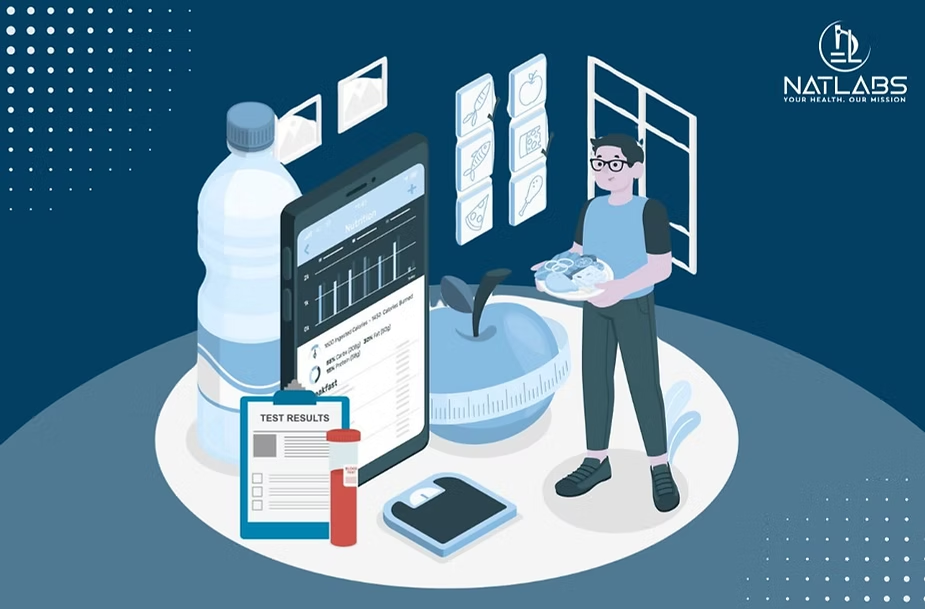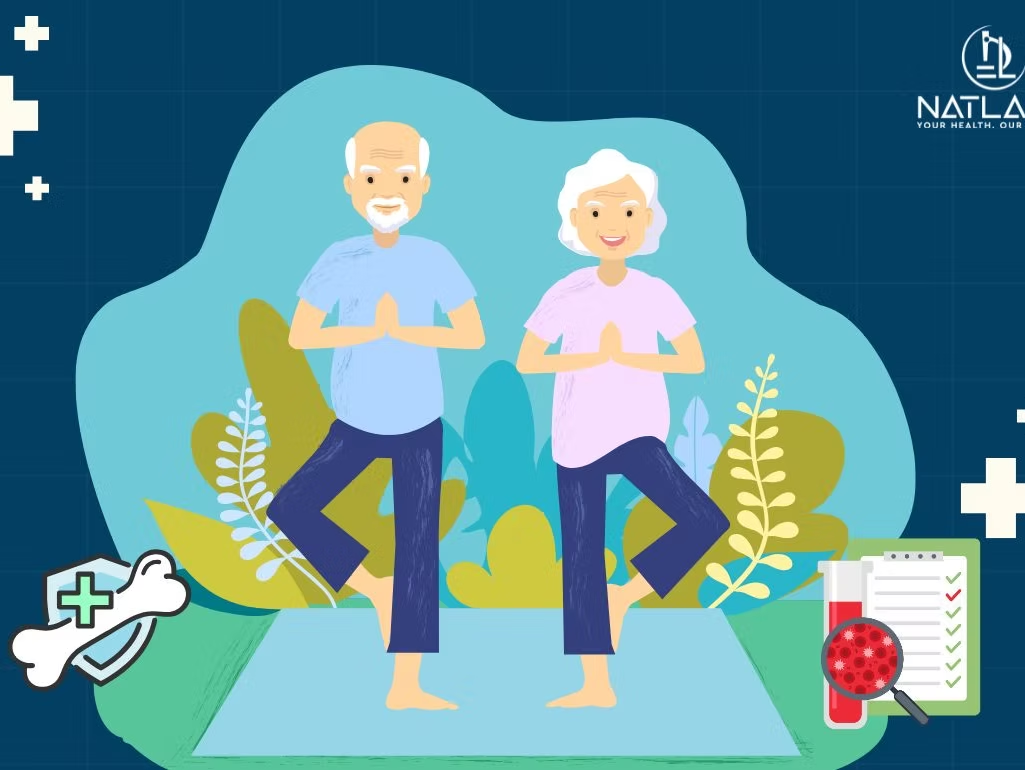
Polycystic Ovary Syndrome affects one in five Indian women of reproductive age, making it one of our country’s most significant women’s health challenges. Yet despite its prevalence, PCOS remains widely misunderstood, often reduced to concerns about irregular periods or fertility issues. The reality is far more complex, particularly for Indian women who face unique genetic, cultural, and lifestyle factors.
Understanding PCOS in the Indian Context
PCOS is a hormonal disorder where the ovaries produce excessive androgens (male hormones), disrupting normal ovulation. Whilst the basic definition remains universal, PCOS presents distinctly in Indian women, influenced by our genetic makeup, dietary patterns, and social circumstances.
Why Indian Women Face Higher Risks
Indian women experience PCOS at rates significantly higher than global averages due to several interconnected factors:
Genetic Predisposition: Indians carry specific genetic variants that increase PCOS susceptibility, particularly genes affecting insulin metabolism and hormone regulation.
Lifestyle Transitions: The rapid shift from traditional active lifestyles to sedentary urban living has created perfect conditions for PCOS development. Modern Indian cities, with their traffic-clogged commutes and desk-bound jobs, contribute to the metabolic dysfunction underlying PCOS.
Dietary Changes: Traditional Indian diets have given way to processed foods, refined sugars, and irregular eating patterns that exacerbate insulin resistance, a key driver of PCOS symptoms.
Early Onset Patterns: Unlike Western populations, Indian girls often experience PCOS symptoms during adolescence, with irregular cycles, weight changes, and skin issues appearing earlier.
The Indian PCOS Paradox
One striking difference in Indian PCOS presentation is the “lean PCOS” phenomenon. Whilst global literature associates PCOS with obesity, many Indian women with PCOS maintain normal or even low body weight. However, these women often harbour dangerous visceral fat and experience severe insulin resistance despite appearing healthy.
This paradox complicates diagnosis and management, as healthcare providers may overlook PCOS in normal-weight women, while patients themselves may not recognise their symptoms as indicative of a serious condition.
Beyond Basic Diagnosis: A Comprehensive Approach
Traditional PCOS diagnosis relies on clinical symptoms, hormonal markers, and ultrasound findings. However, for Indian women, a comprehensive assessment should include:
Metabolic Health Evaluation
Insulin Resistance Testing: Given Indians’ genetic predisposition to diabetes, assessing insulin function provides crucial information that is often overlooked in standard evaluations.
Diabetes Risk Assessment: HbA1c and fasting glucose tests help identify prediabetes, which affects many Indian women with PCOS years before obvious symptoms appear.
Cardiovascular Markers: Lipid profiles and inflammatory markers assess heart disease risk, particularly important since Indian women develop cardiovascular issues earlier than other populations.
Comprehensive Hormonal Assessment
Beyond basic androgen testing, evaluation includes thyroid function (thyroid disorders commonly coexist with PCOS in Indian women), prolactin levels, and detailed reproductive hormone profiles.
Nutritional Status
Vitamin Deficiencies: Vitamin D and B12 deficiencies are endemic among Indian women and can worsen PCOS symptoms, affecting insulin sensitivity, mood, and reproductive function.
Micronutrient Assessment: Iron deficiency, common due to dietary patterns and heavy menstrual bleeding, requires evaluation and correction.
Personalised Management: Moving Beyond One-Size-Fits-All
PCOS management must account for individual circumstances, cultural factors, and personal goals:
Culturally Adapted Dietary Interventions
Rather than imposing Western dietary models, successful PCOS management adapts traditional Indian foods:
- Emphasising complex carbohydrates from traditional grains like millets and brown rice
- Incorporating protein from lentils, legumes, and appropriate sources
- Using spices like turmeric, fenugreek, and cinnamon that naturally support insulin sensitivity
- Modifying cooking methods to reduce oil while maintaining flavour and cultural authenticity
Exercise Strategies for Indian Lifestyles
Physical activity recommendations must fit within cultural contexts:
- Morning walks that accommodate family schedules and cultural preferences
- Yoga practices that provide both physical and mental health benefits
- Dance forms like classical Indian dance or Bollywood fitness
- Home-based exercises that address safety concerns and time limitations
Addressing Psychosocial Impacts
PCOS significantly affects mental health, self-esteem, and social relationships. In Indian society, where appearance and fertility carry particular social weight, the psychological impact can be severe.
Support strategies include counselling services that understand cultural contexts, support groups connecting women with similar experiences, and family education programmes that reduce stigma.
Breaking Cultural Barriers
PCOS management in India faces unique cultural challenges. Many families prioritise marriage and fertility concerns while overlooking broader health implications. Young women may delay seeking help due to stigma surrounding reproductive health discussions.
Addressing these barriers requires community education, school-based awareness programmes, and healthcare provider training on culturally sensitive care approaches.
The Role of Early Intervention
Recognising PCOS early, particularly during adolescence, dramatically improves long-term outcomes. Parents, teachers, and healthcare providers should watch for warning signs like sudden weight changes, persistent acne, irregular periods, or excessive hair growth.
Early intervention prevents progression to diabetes, cardiovascular disease, and reproductive complications while addressing psychological impacts during crucial developmental years.
Future Directions
PCOS research in India is advancing rapidly, with studies focusing on genetic markers specific to Indian populations, personalised nutrition based on individual metabolic profiles, and telemedicine solutions that extend specialist care to underserved areas.
Looking Forward with Hope
PCOS represents a complex health challenge, but it’s entirely manageable with proper understanding, comprehensive assessment, and personalised care approaches. Success requires moving beyond basic diagnosis to address the full spectrum of physical, metabolic, and emotional health needs.
For Indian women with PCOS, the combination of traditional wisdom, cultural adaptation, and modern medical science offers unprecedented opportunities for effective management and improved quality of life. Early recognition, comprehensive care, and strong support systems can transform PCOS from a limiting condition into a manageable aspect of overall health.
Modern diagnostic centres like NATLABS now offer comprehensive PCOS evaluations that address the unique needs of Indian women, combining advanced testing with culturally sensitive interpretation and personalised management guidance.


